- 15 Posts
- 4.24K Comments

 1·15 hours ago
1·15 hours agolike tundra on a dime
Um, wut?
Physics says it does not care of civilized countries
Civilized countries don’t have trucks going through areas where people live. In North America there are far too many “stroads”.

 2·15 hours ago
2·15 hours agowith a family member killed by a car
Killed by a driver.

 1·15 hours ago
1·15 hours agoThere is probably also money wasted because they’re using old tech. Not that upgrading is free, but often upgrades have far more features and maintaining them is much cheaper than maintaining something that was obsolete decades ago.
But, you can’t just parachute in a contractor or a “whiz kid” to upgrade the social security or internal revenue systems. The upgrades will take a decade, and that’s not because government is inefficient. It’s because people’s lives are literally on the line. If you “move fast and break things” then Grannie Jones doesn’t get her check and she can’t afford food.
I do wish governments put more of an effort into staying up to date on computer systems. It would make hiring people easier. And, ideally, governments could be part of the open source / free software ecosystem. I think it would take a few decades of pain to become more modern. But, once it was done I think hiring would be easier and the software would be more efficient and easier to run. Most of the time when a government publishes something, it immediately enters the public domain. So, you could potentially have the government running Kubernetes clusters and adding features to Kubernetes itself. I think you’d also find a lot of open source / free software devs would like to work for the government, getting a steady paycheck and good benefits while contributing good code to open source projects. Right now those people don’t want to work for the government because having to work on decades-old stacks is soul destroying.
[Citation Needed]
Where is the 8,647 number coming from? I don’t believe it was 250k, but I don’t believe 8,647 either.
You’re the only person who mentioned the window.
An efficient way to drain dishware is great, but looking out the window when you’re in the kitchen brings much joy.

 2·17 hours ago
2·17 hours agoput together a small super squad of people who actually know what they’re doing
From what I vaguely remember, you also want all the best marchers on the left most of the time, since you line up with the person on your left most of the time, and the very best at the front left. This was decades ago for me, but I know that there were tricks like that to make it look good.

 6·18 hours ago
6·18 hours agoYeah, I did basic training decades ago, and could probably do it right with maybe an hour-long refresher course. Even without that I’d probably be be fine just marching, it’s more the “eyes left”, “present arms”, handling turns, etc. that would need work.
That said, you tend to follow someone’s lead. From what I remember, they declare it like “by the left, quick march” and that means you’re marching at a standard “quick” pace and you’re lining up with whoever’s to your left, and the left column follows the person in front of them, so basically led by whoever’s in the front-left position of the formation. That means if people to your left, or people on the left-most column are out of step, it will have a cascading effect through the ranks.
But yeah, it’s pretty standard to call out the march, and they’d definitely do that if they cared.
What’s also funny is that at one point as the soldiers were marching past, they were playing “Fortunate Son” on the PA system. Now, that’s massively ironic given that the song is basically about Vietnam-era draft dodgers who used their family’s wealth to get out of Vietnam service like Trump.
But, making it worse is that the song has a slightly faster pace than your typical rock song at 135ish BPM. The US military generally marches at 120 BPM. It’s actually really hard to hear a song at 135 BPM and march at 120 BPM. That’s why generally marching music is at 120 BPM so you march to the beat. The result is that some soldiers kept marching at 120 BPM, others adjusted to match the song, and it all generally looked like shit.
Q: Is that a WWII tank?
A: Sure, man.
Q: Cool, what kind of tank is it?
A: Sure, man.
Q: Um, I’m just trying to find out what kind of tank it is.
A: And I’m telling you. Sure, man.

 6·2 days ago
6·2 days agoThat’s true, but it’s very hard to come up with a system that can’t be gamed. The fact that you’re not aware of Australia’s system works means it’s probably even more vulnerable to exploitation because nobody in Australia is paying attention.
Really, all political systems are based to some extent on people acting honourably and acting in the best interest of the country rather than themselves or their political party. Eventually that always breaks down.
 2·2 days ago
2·2 days agoIMO a major reason that Israel is levelling Gaza is that it’s a one-sided conflict where Israelis are not getting killed. There are apparently 53 Israeli hostages right now, but more than 20,000 Gazans have been killed. There is some pressure to end the conflict, but not enough. If it were a war where Israelis were being killed too, it would end a lot quicker.
I know the Iran / Israel conflict is a different one, but if enough Israelis stop supporting Netanyahu, both conflicts might end. Israeli civilians dying might be the only thing that will stop Netanyahu.

 91·2 days ago
91·2 days agoKeep Goodhart’s law in mind:
“When a measure becomes a target, it ceases to be a good measure”

 5·2 days ago
5·2 days agoNo, it’s because the opposition is the establishment, and violence is a tool the establishment uses to… well, stay established.

 6·2 days ago
6·2 days agoOkay but who’s the one defining a protest as violent?
The same people who write the history books. History is written by the winners, and when they write those books the protests that led to them winning are written up as being non-violent. It’s like “terrorists” vs. “freedom fighters”. If they succeed, they get to write the history books and they’re freedom fighters. If they lose, the other side writes the history books and they’re terrorists.
 13·2 days ago
13·2 days agoMatt would be too nice to tear you to shreds in an argument. Many of the others probably just wouldn’t engage. Sam enjoys conflict and uncomfortable situations.
It’s like it just gives up after about 8 results. “These 8 results don’t contain what you want? I give up. Here, just watch one of these videos instead.”
Screw you, just show me the rest of the results, I swear it’s in the top 30 results.
You search for “blah”, Google gives you a bunch of bad results, and serves up 5 ads. Nothing matches what you want, so you search again “blah but not foo” and you get another 5 ads. If search were good you’d only see 5 ads, but because it sucks you get 10 ads.
If Google had real competitors, bad search results might mean people would give up and use a competitor’s search, but because they have a search monopoly, they can enshittify their results and show even more ads without losing users.

 16·2 days ago
16·2 days agoApparently, for reals, the LAPD was complaining about being hit by rubber bullets fired by the LA Sheriffs Department during the No Kings protests. And earlier, LASD was gassed by the LAPD because LAPD shot before the sheriffs had their gas masks on.

 5·2 days ago
5·2 days agoIt’s also the #1 story on nbcnews.com, #4 on abcnews.com (after the Israel-Iran conflict, millions protesting nationwide and Trump’s birthday parade), #1 on cnn.com, #1, #2, #3 and #4 on nytimes.com.
I mean, why do people say bullshit like “why is this not a bigger story” on something that’s one of the biggest stories being covered by national news?







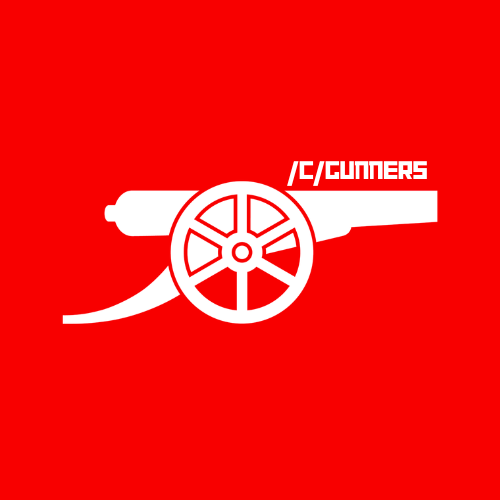


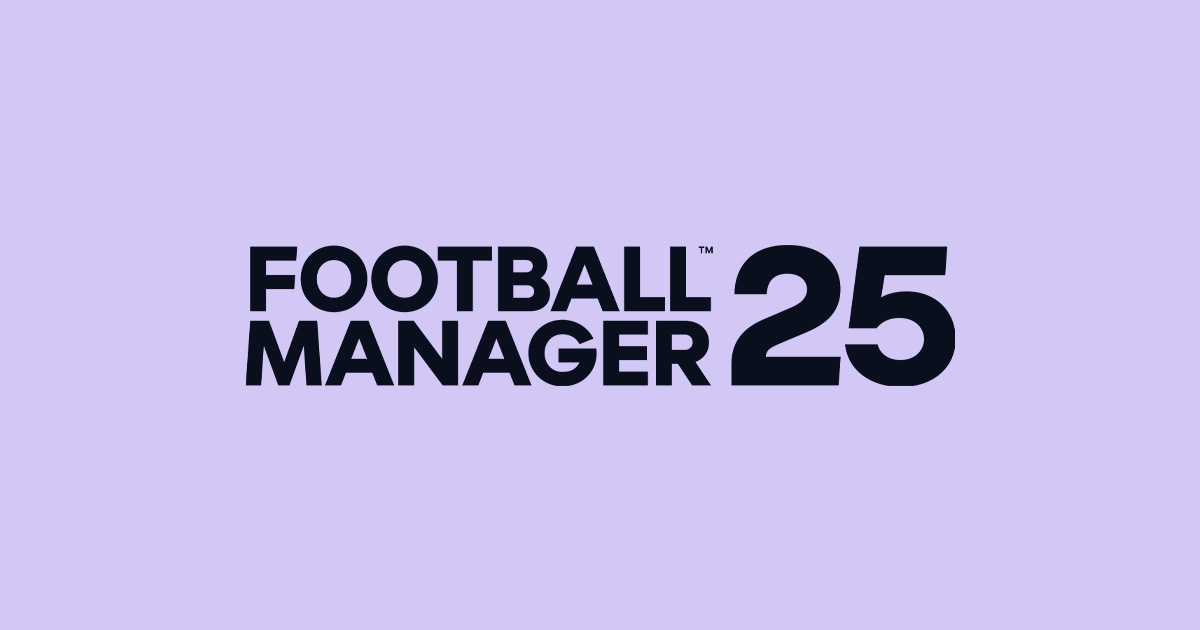

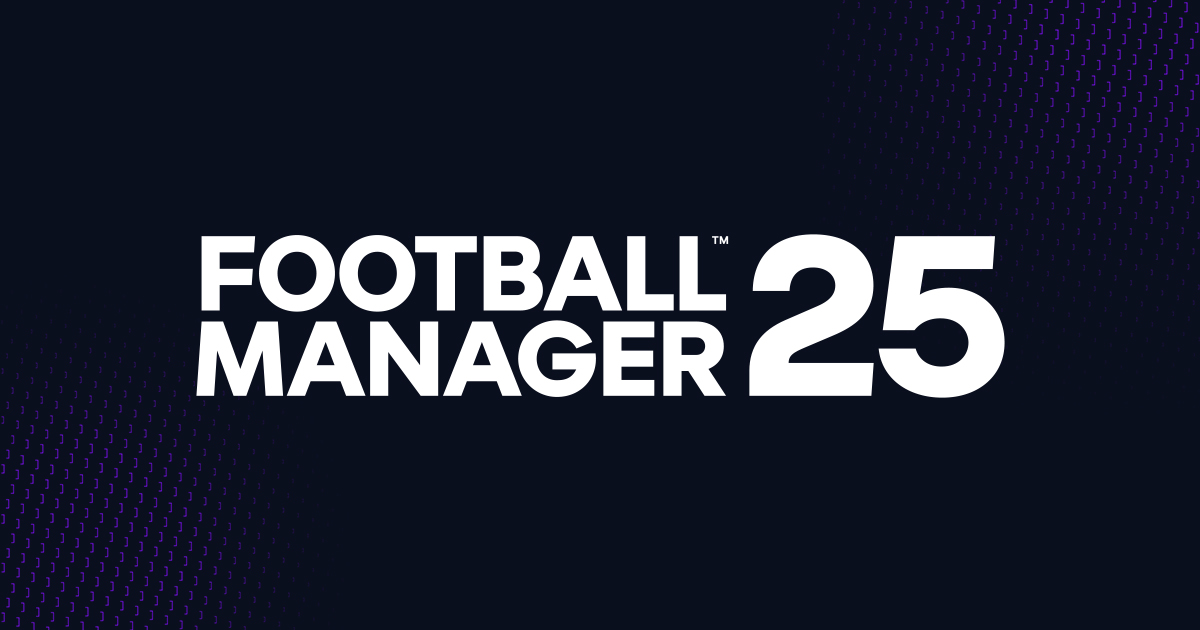


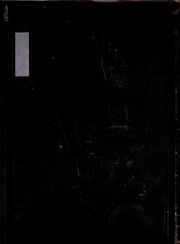
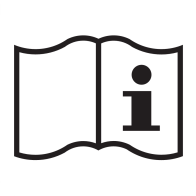

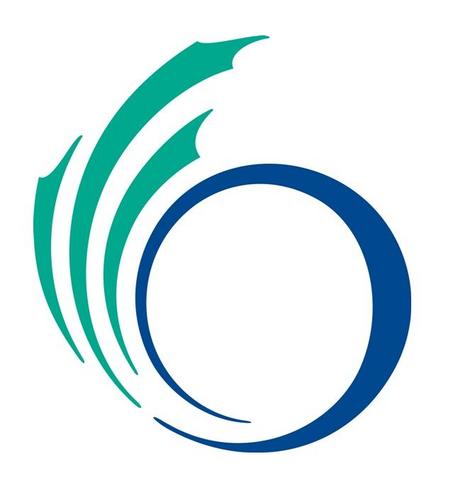

The last major American privacy law, the 1988 Video Privacy Protection Act was passed in 1988 by Reagan. The only reason it happened is that politicians realized that their privacy was affected. Robert Bork was going through his Supreme Court confirmation hearings and someone got a hold of the tapes he had rented and published them.
Politicians were worried about their own personal privacy, so they passed a new law to protect the privacy of people’s video tape rentals.
Maybe the fact that the targets here were politicians will mean that something will happen with data privacy, for once.